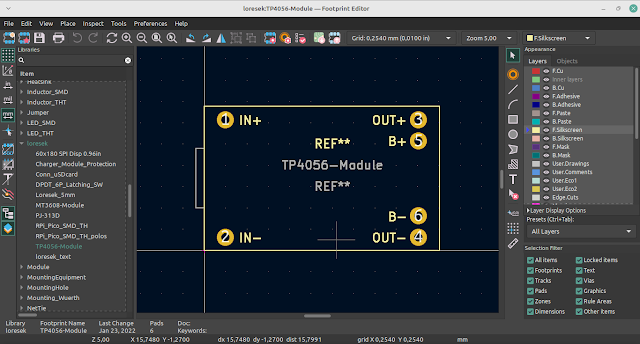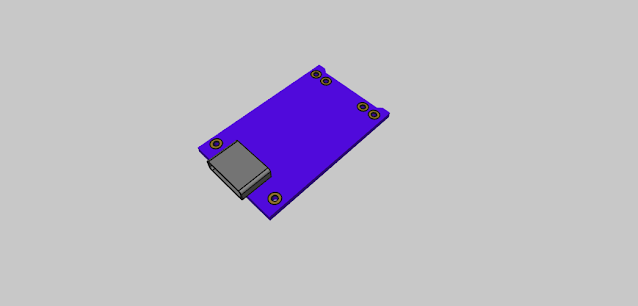Powerful and Low-Power: STM32L0-ESP32 Breakout Board for Wireless Embedded Systems
This is a small Printed Circuit Board (PCB) based on the STM32 microcontroller and the ESP32 dev module. KiCad, a free and open source software, is used to design the PCB.
More Details:
The PCB is built around the STM32L0 series, specifically the STM32L031G6U6 microcontroller, a low-power MCU. The MCU is powered by a 16 MHz crystal oscillator's High Speed Internal (HSI) clock signal (No external quartz is needed).
It accepts input voltages ranging from 12V to 5V. In order to power the STM32 MCU and the ESP32 module, the input voltage will be filtered and reduced to 3V3.
The purpose of this PCB is to use a PID controller to control the temperature. It has two connectors for this purpose: one for reading temperature values with a thermostat, thermocouple, or temperature IC (LM36/LM35) that produces an analog signal, and the other for controlling temperature with a Solid State Relay (SSR) controlled by a PWM signal.
The data read from the STM32 MCU is sent to the ESP32 dev module via the 'USART' protocol in order to be sent to the cloud, and the temperature can be controlled wirelessly from anywhere using a smart phone or a web application.
The STM32 MCU can be programmed with a SWD programmer, and the ESP32 dev module can be programmed with a USB-to-TTL converter.
Overall, the STM32L0-ESP32 Breakout Board is a powerful and flexible platform for building low-power, wireless-enabled embedded systems. The board is easy to use, cost-effective, and provides a range of features that make it suitable for a variety of applications. With its low power consumption, compact design, and wireless connectivity, the breakout board is an excellent choice for anyone looking to build battery-operated, wireless-enabled projects.
Check out this awesome KiCAD project on the link below that combines the power of STM32L0 and ESP32 in a breakout board for your next project!
STM32L0-ESP32 Breakout Board












